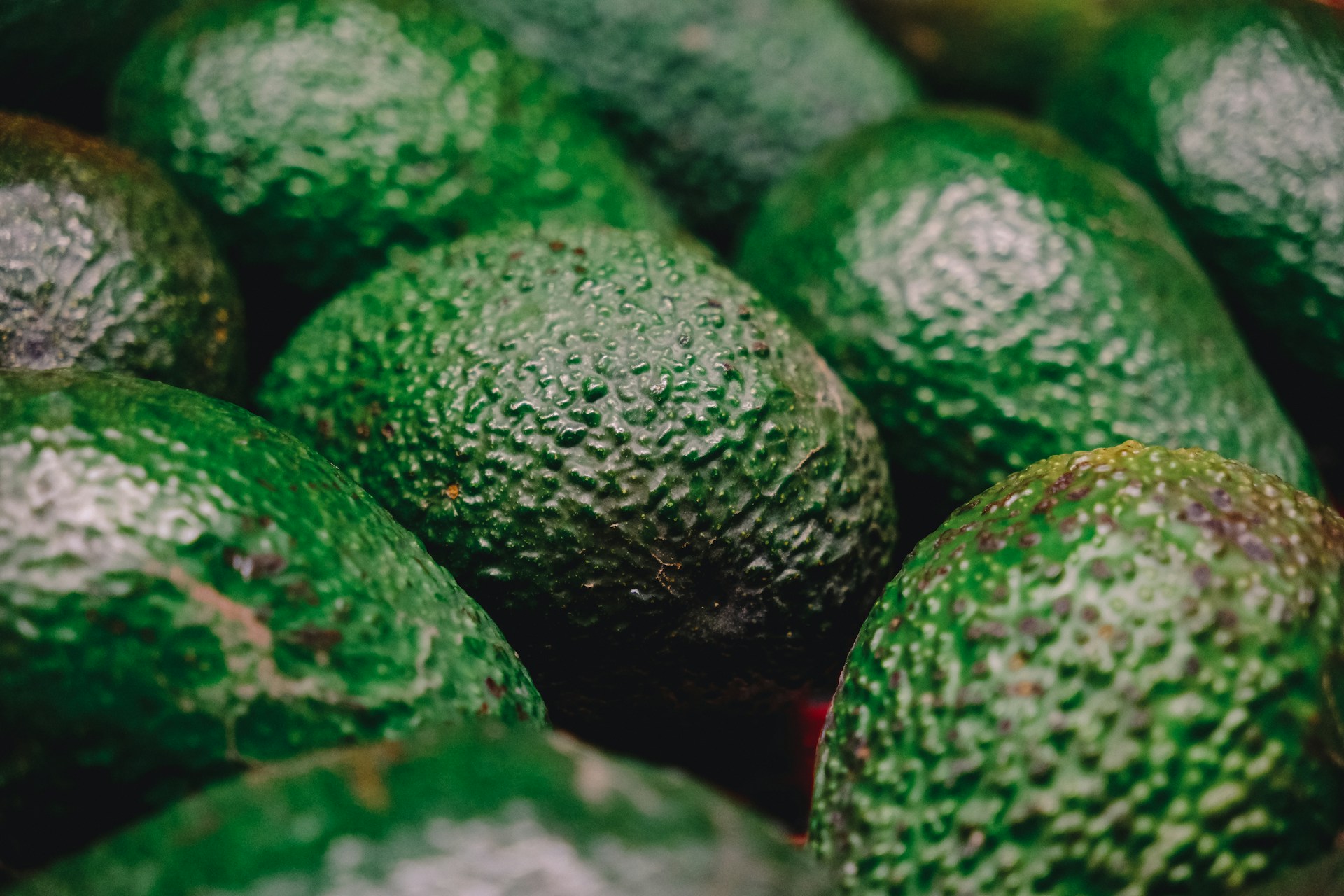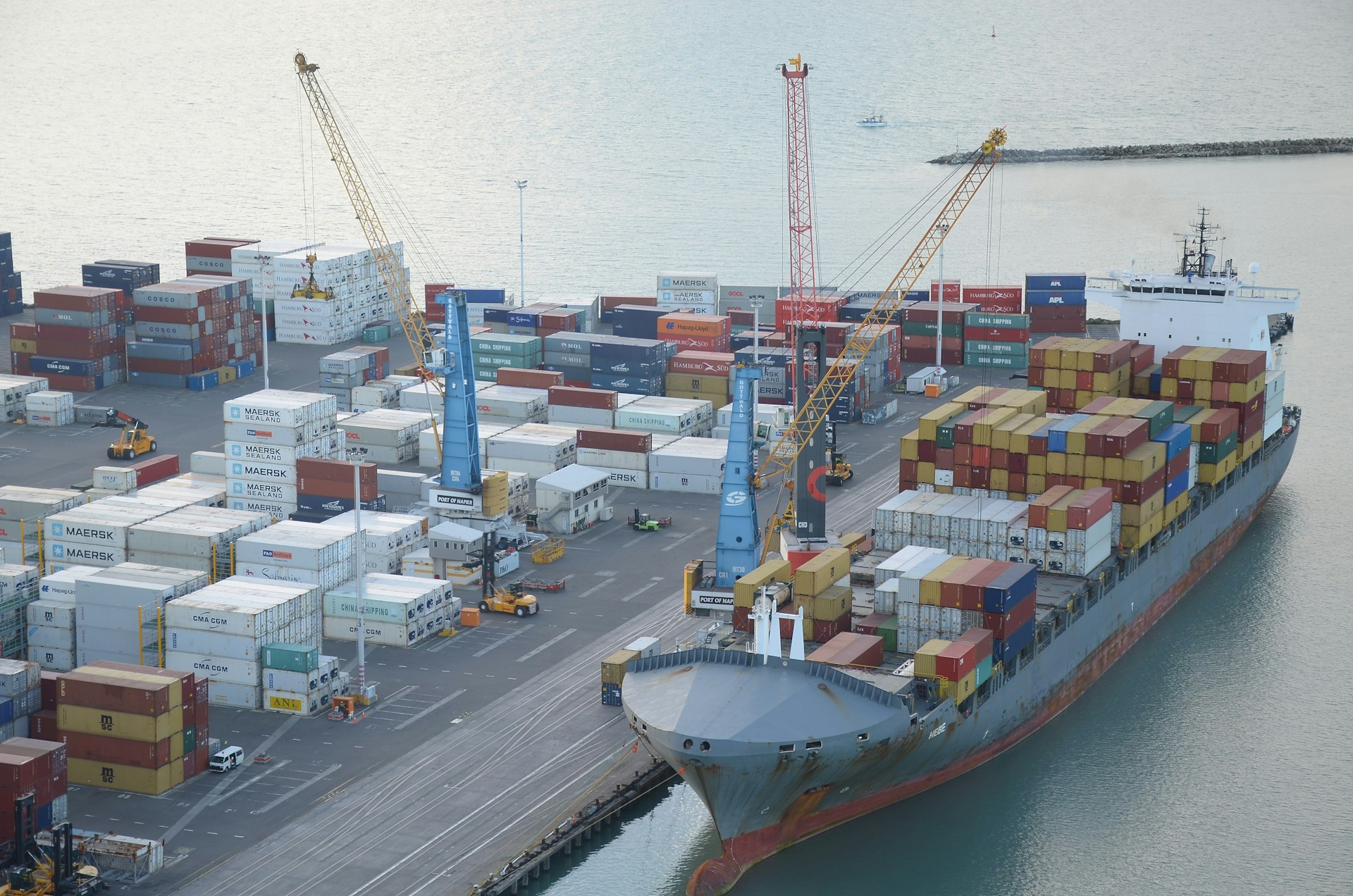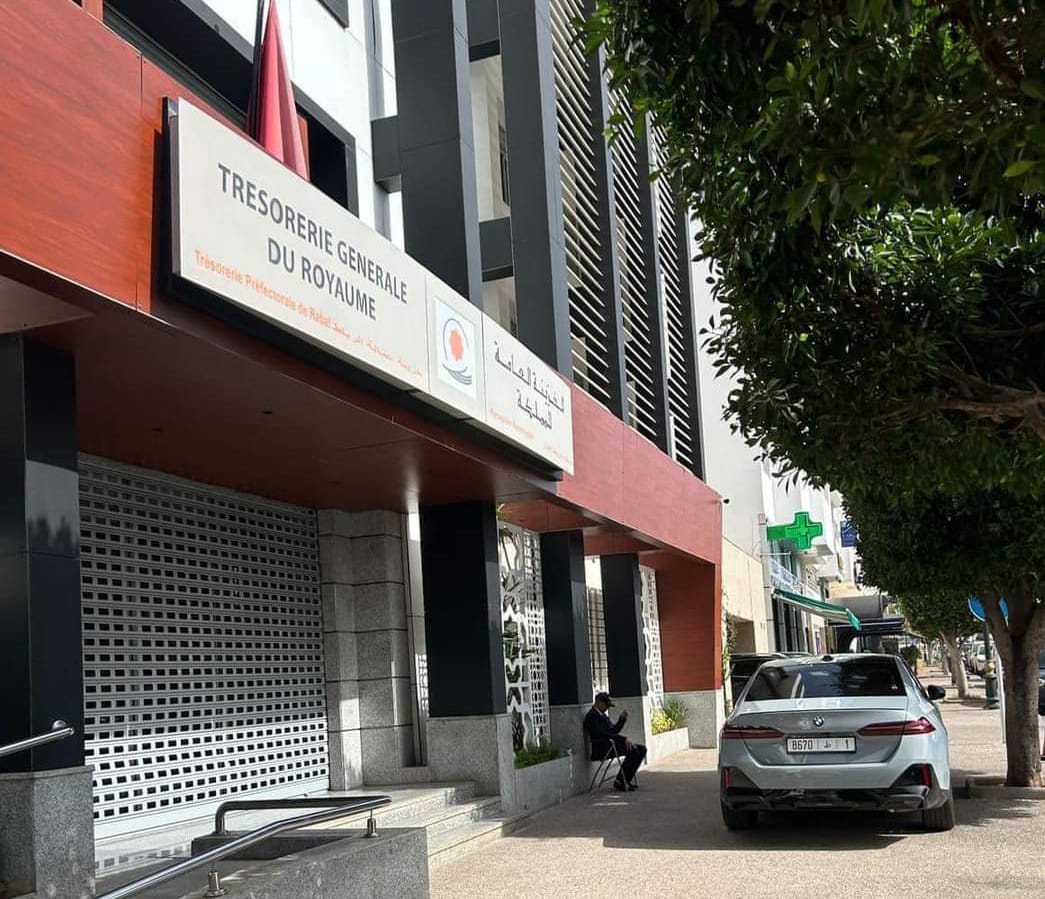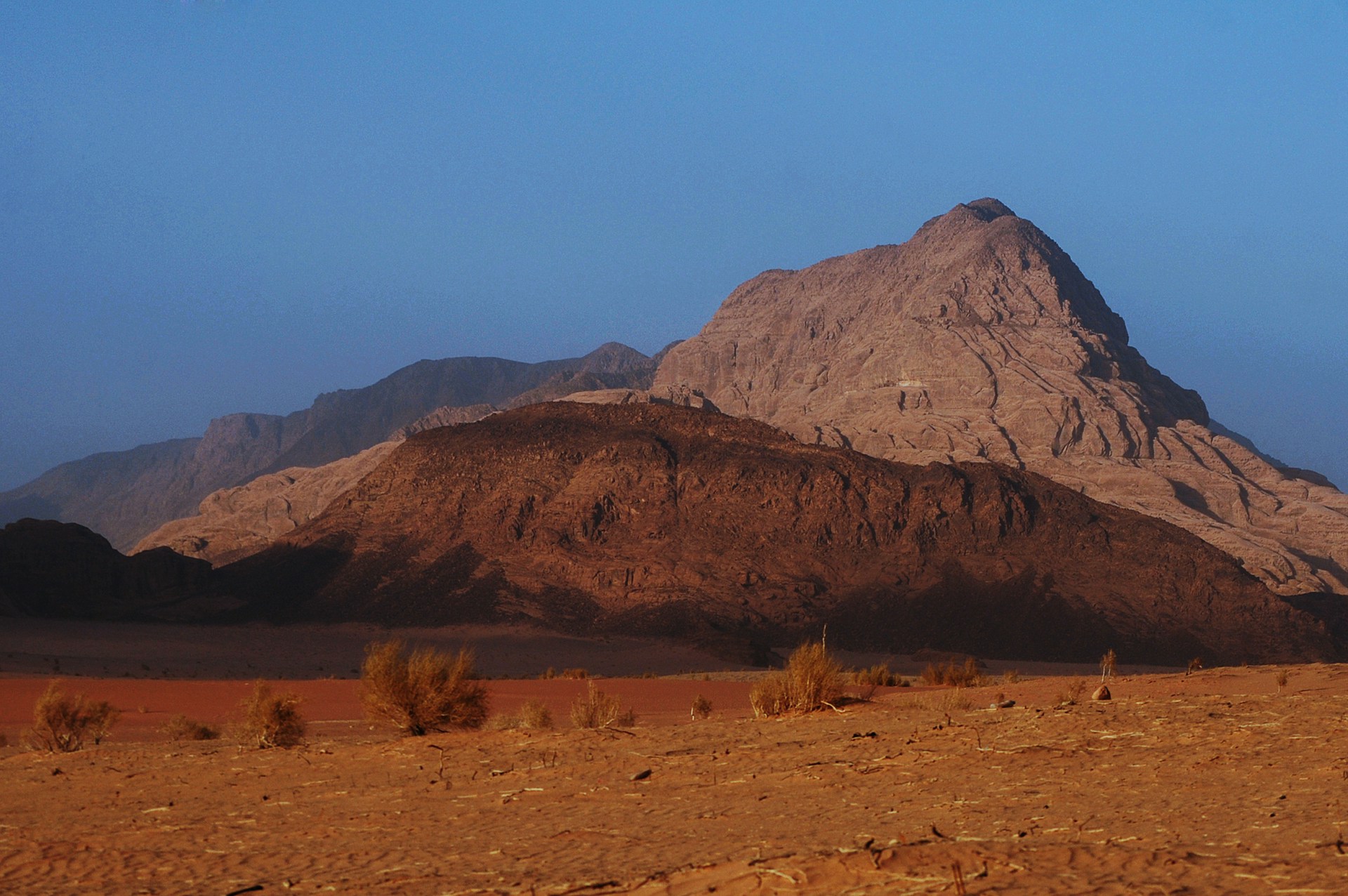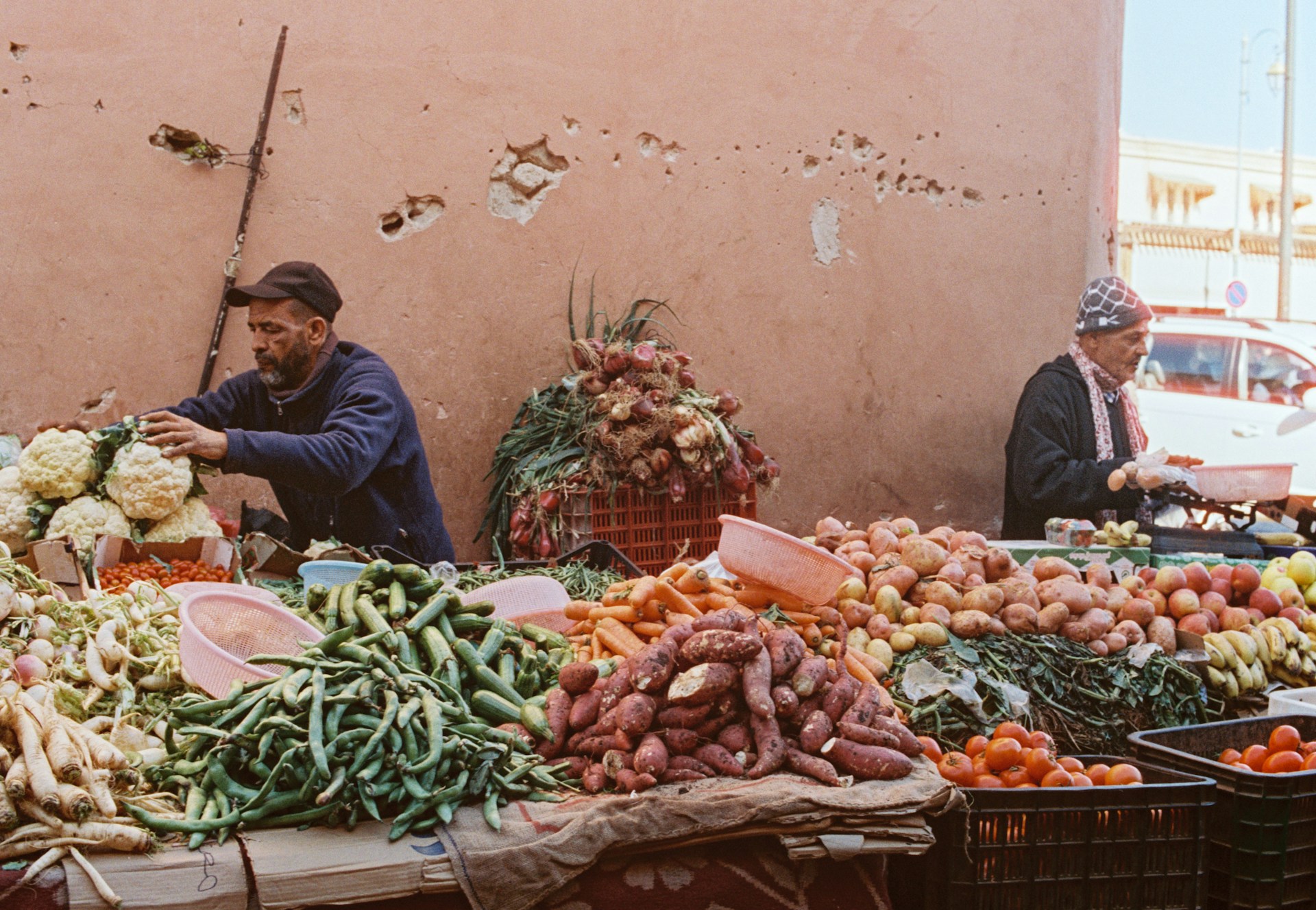Casablanca – In a clear sign of continued strategic cooperation, the World Bank has allocated $1.77 billion in financing to support Morocco’s development agenda during the 2025 fiscal year, which ran from July 2024 to June 2025. The funding, provided through the International Bank for Reconstruction and Development (IBRD), reinforces Morocco’s ongoing efforts to implement structural reforms, modernize key sectors, and respond to social and environmental challenges.
While slightly below the record highs of the previous three years—$1.85 billion in 2023, $1.83 billion in 2022, and $1.80 billion in 2021—the 2025 figure exceeds the $1.76 billion approved in 2024, reflecting a sustained commitment to Morocco’s medium- and long-term transformation.
The financing spans six major operations, covering a wide range of sectors, including waste management, social protection, agri-food transformation, human capital development, and urban mobility in the Greater Casablanca region. In addition to financial support, the World Bank also provided Morocco with technical assistance and analytical services throughout the year to help design, implement, and monitor reforms.
Focus areas of the 2025 financing program
1. Waste management reform – $250 million
The first project approved under the 2025 fiscal year was a $250 million operation to support Morocco’s national waste management program. Endorsed on November 26, 2024, the project targets both environmental and financial improvements in the sector.
Objectives include:
- Enhancing the performance of controlled landfills
- Scaling up waste recycling through financially viable models
- Closing or rehabilitating informal and uncontrolled waste sites
- Developing new revenue sources within the sector
- Strengthening the tracking and reporting of greenhouse gas emissions in accordance with Morocco’s climate commitments under the Paris Agreement
This program is part of Morocco’s broader environmental sustainability agenda and contributes to its national climate adaptation and mitigation strategies.
2. Social protection identification and targeting – $70 million
A second operation, approved on December 4, 2024, mobilized $70 million to support Morocco’s efforts in modernizing its social protection infrastructure. This includes expanding and improving the national civil registry, operationalizing the National Agency for Registries, and enhancing the Unified Social Registry (RSU).
The project also aims to strengthen institutional capacities for managing and monitoring cash transfer programs, particularly those targeting vulnerable populations.
3. Transformation of agri-food systems – $250 million
On December 19, 2024, the World Bank approved $250 million for the transformation of Morocco’s agri-food systems. The goal is to increase the sector’s resilience to climate change while improving food security, quality, and sustainability.
Aligned with the national “Génération Green” strategy, the program supports innovation, better value chain integration, and improved efficiency in food production and distribution systems.
4. Strengthening human capital – $600 million
The largest single operation of the year came in March 2025, when $600 million was approved to support Morocco’s Human Capital Strengthening Program. The program targets several key areas:
- Enhancing resilience to health-related risks
- Improving early childhood development and access to basic services
- Supporting older populations and reducing elderly poverty
- Strengthening systems for managing climate-related risks
This investment reflects the growing emphasis on long-term human development as a central pillar of Morocco’s growth model.
5. Urban mobility and logistics in greater Casablanca – $350 million
Approved on June 9, 2025, a $350 million project seeks to enhance urban mobility and logistics in the economically vital Greater Casablanca region. The project focuses on improving passenger rail services and expanding access to jobs and essential services.
It also supports the National Railway Office (ONCF) in strengthening its planning and investment capabilities to meet increasing demand for modern, efficient transport infrastructure.
6. Social safety nets for human development – $250 million
A final operation, approved on June 19, 2025, committed $250 million to reinforcing Morocco’s social safety net programs. The goal is to enhance the efficiency and reach of cash transfers and other social benefits aimed at low-income households.
Broader cooperation framework
All six operations were financed through the IBRD, which serves middle-income countries like Morocco. The International Development Association (IDA), which is part of the World Bank but focuses on lower-income countries, was not involved in the 2025 portfolio.
The support offered to Morocco in 2025 reflects the World Bank’s broader strategy to promote inclusive, sustainable, and climate-resilient growth in the region. This cooperation is expected to continue evolving in line with Morocco’s strategic priorities, particularly in areas such as education, green energy, social protection, and digital transformation.
While the current financing does not include interventions from other World Bank Group institutions—such as the International Finance Corporation (IFC) or the Multilateral Investment Guarantee Agency (MIGA)—there remains strong potential for future collaboration in areas related to private sector development and foreign investment facilitation.
With a total of $1.77 billion mobilized in 2025, the Morocco–World Bank partnership continues to serve as a key driver of institutional reform, economic modernization, and social resilience.









